Orcaella Cruise Ideal Way to Meet the People of Myanmar
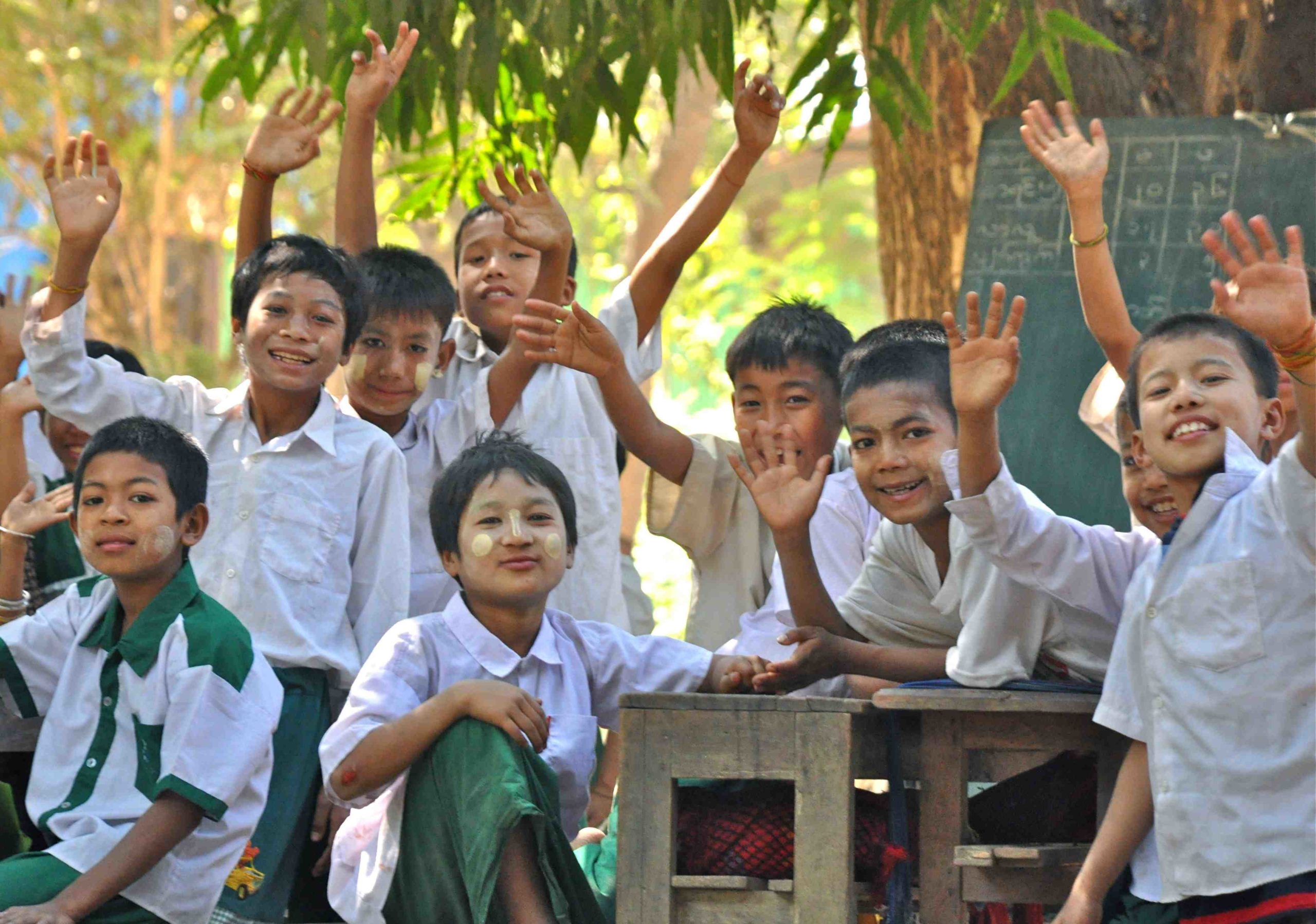
The party was already well underway.
Suddenly, from out of the darkness, an 82-year-old women, her face lined with age, approached IRT Society president Eleanor Hardy. She took Eleanor’s hand.
“Please forgive me for not dressing up. But when I heard you had come, I felt I had to get here as soon as possible.”
Stroking my wife’s hand, she said: “I have never felt the skin of a foreigner before.”
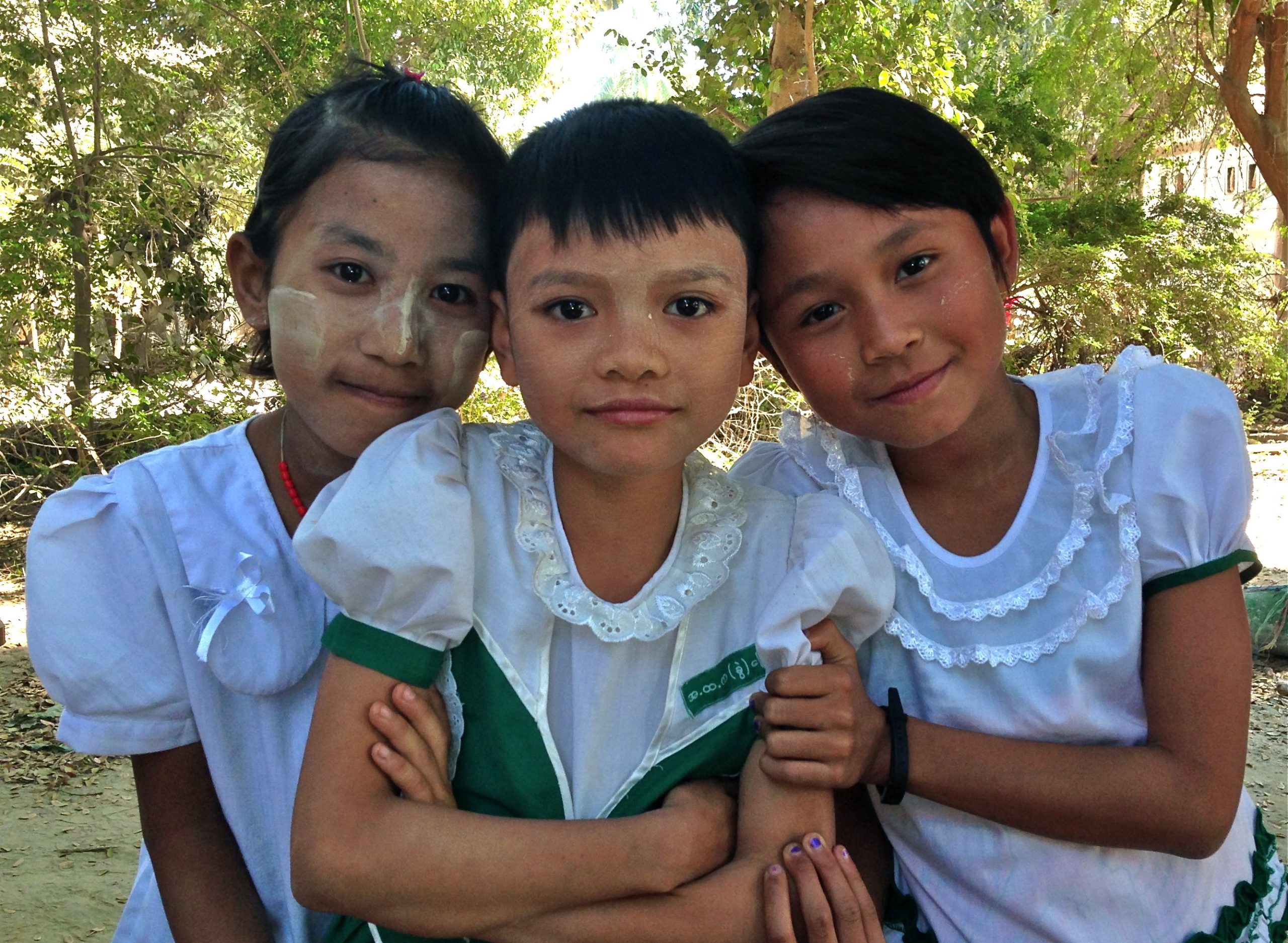
Impromptu, almost unbelievable moments such as this were common on our recent 12-day cruise in Myanmar (formerly called Burma).
The moments were all the more pleasant, as we enjoyed them from the decidedly Western – and opulent – “Orcaella,” the Orient-Express company’s new 25-cabin river cruiser.
Ironically, we might never have had these moments, were it not for a last-minute, change in plans. Orcaella’s “Gorges of the Far North” cruise on the Irrawaddy River saw nary a gorge. Low water levels and a damaged channel had blocked shipping north of Mandalay.
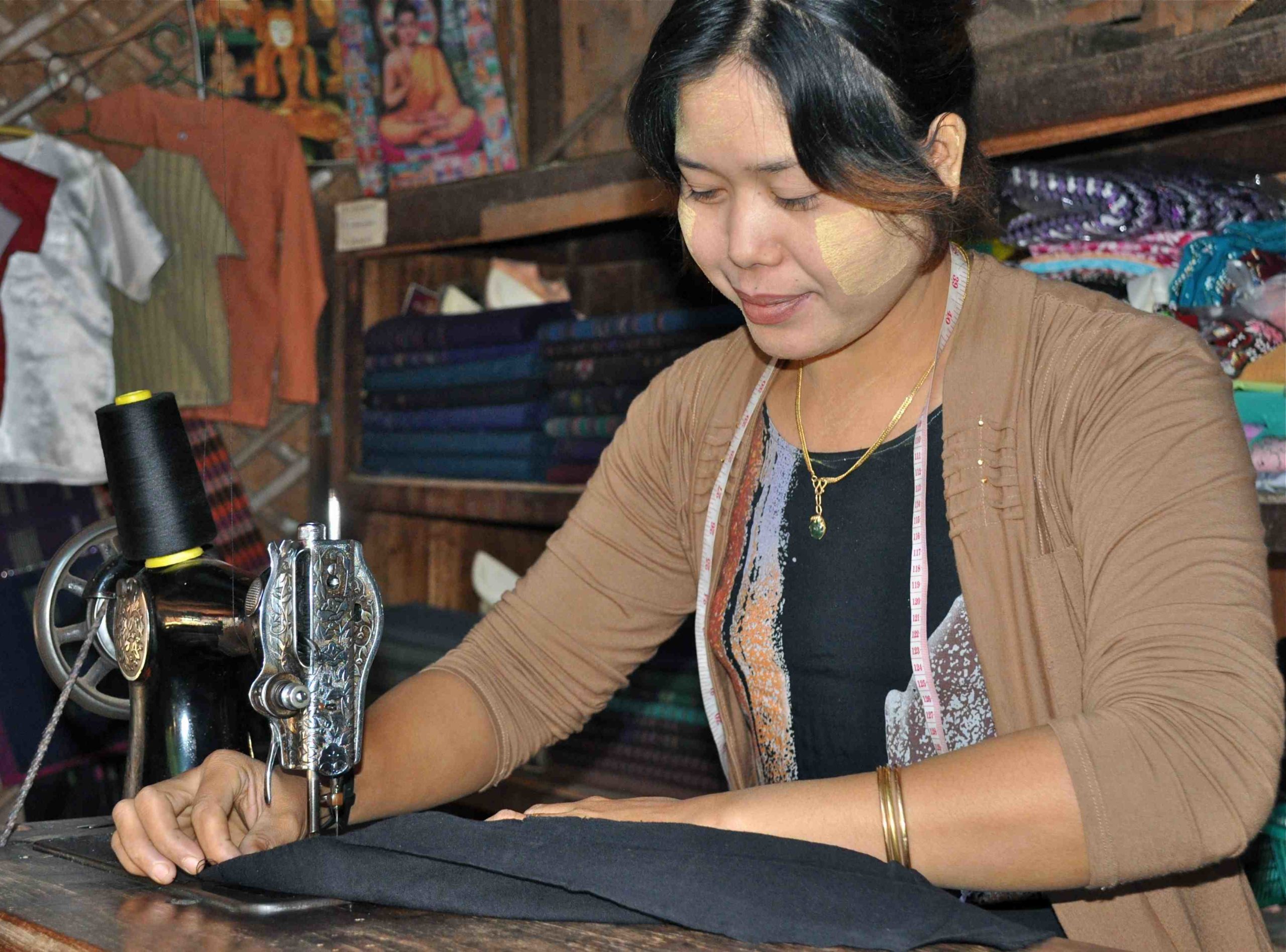
So we spent most of our time south of Mandalay, visiting areas off the increasingly beaten Burma track, where tourists rarely, if ever, venture.
Over the course of 12 days, we were serenaded by school children from a remote village, rode ox carts, pony carts, unspeakably noisy, three-wheeled “tuk-tuks,” blasted around mountain curves in tiny trucks to view a shimmering sunset over the Irrawaddy.
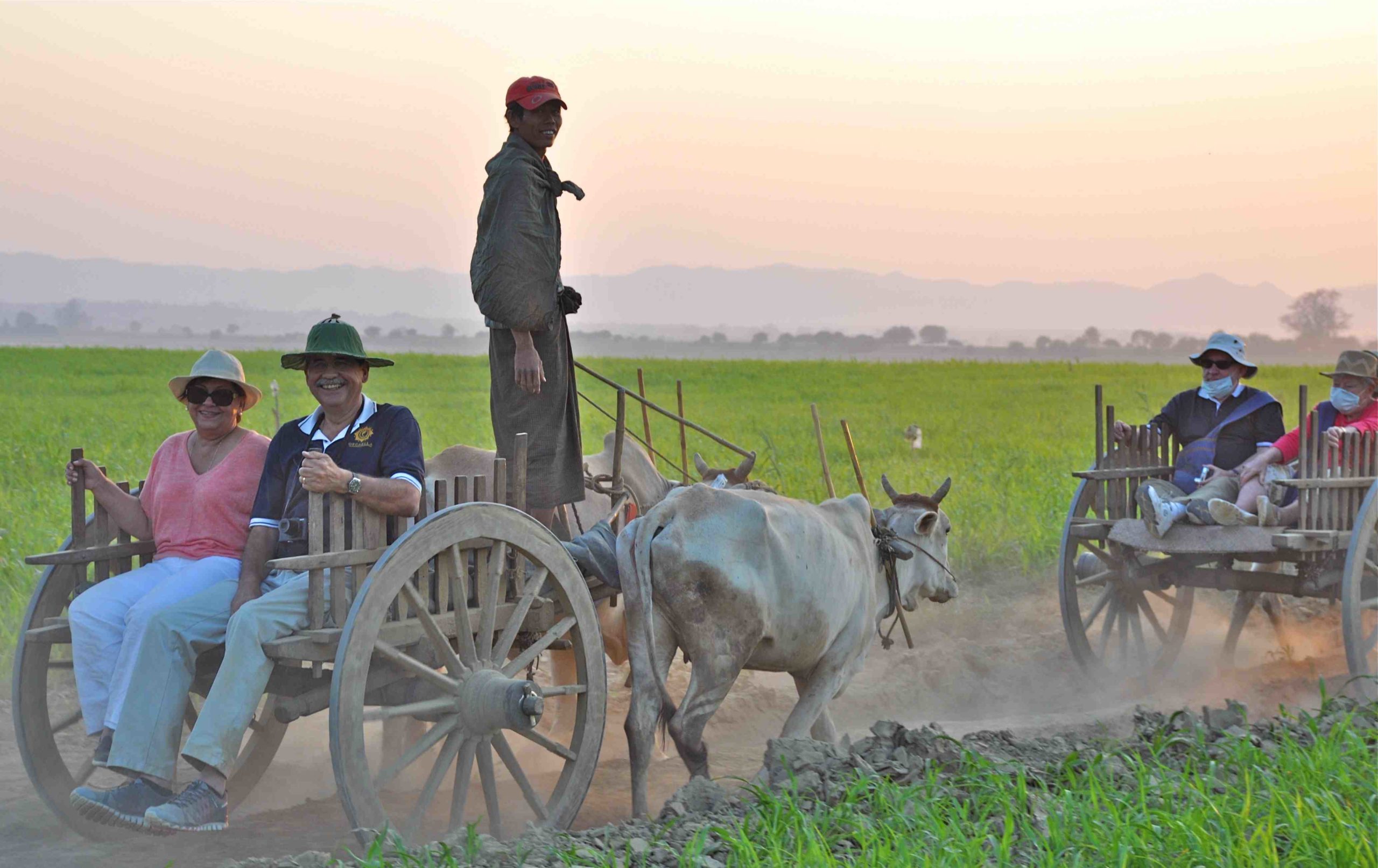
Many of us opted for a dawn “Balloons Over Bagan” experience, an unforgettable journey to admire an aerial panorama of the ancient city’s over 2,000 pagodas in near silence.
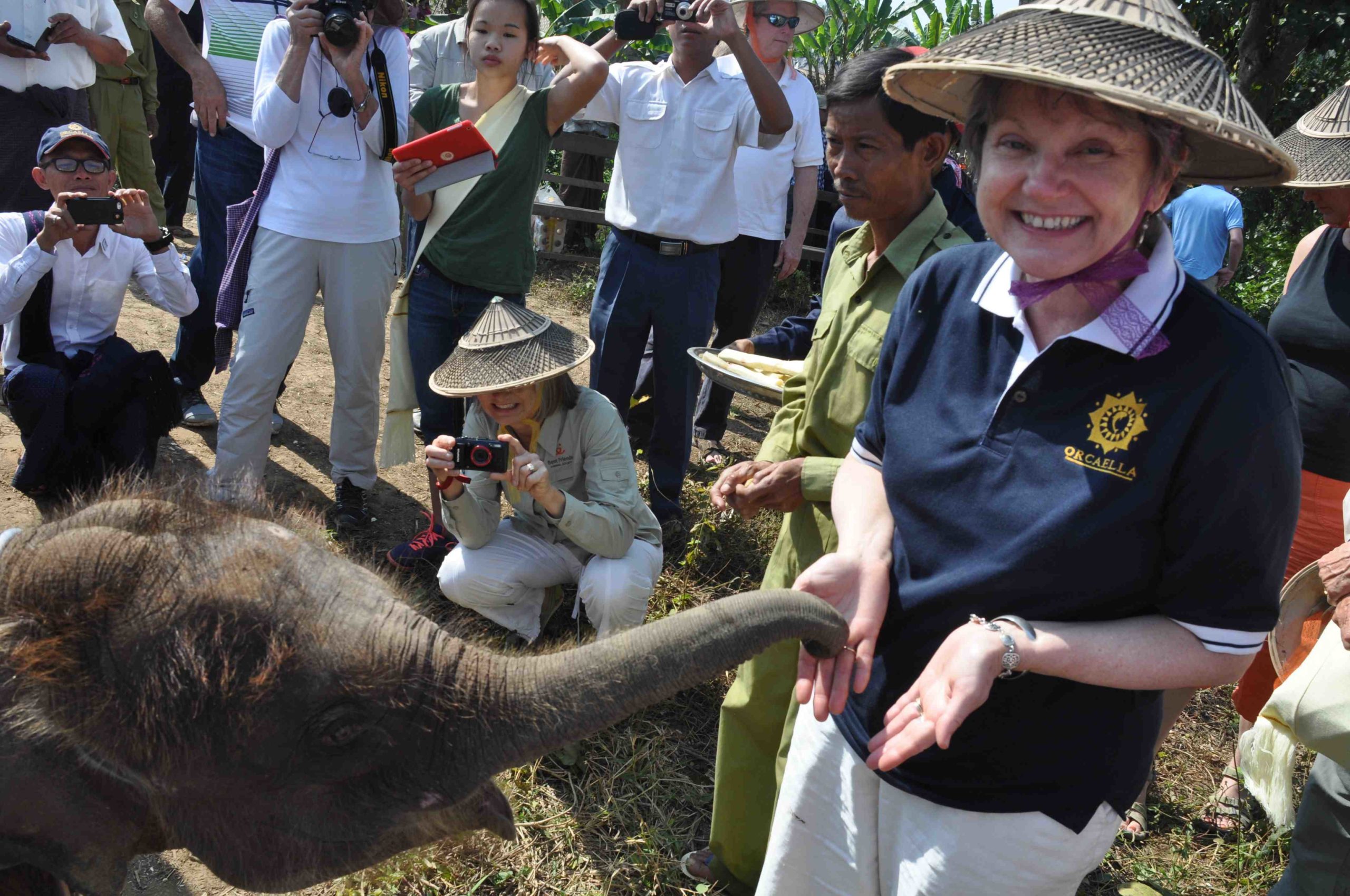
Others enjoyed – or endured, depending on one’s tolerance of riding a bus for almost three hours each way over winding, bumpy roads – a first-ever tourist visit to an elephant camp, high in the hills.
Our trip included visits to bustling Yangon and Mandalay, and their gorgeous pagodas, with an unending array of golden spires and Buddha statues. Buddhism is central to the lives of most people we encountered. One can see it in the immense crowds visiting the temples: families, teenagers, children, old people, monks and nuns.
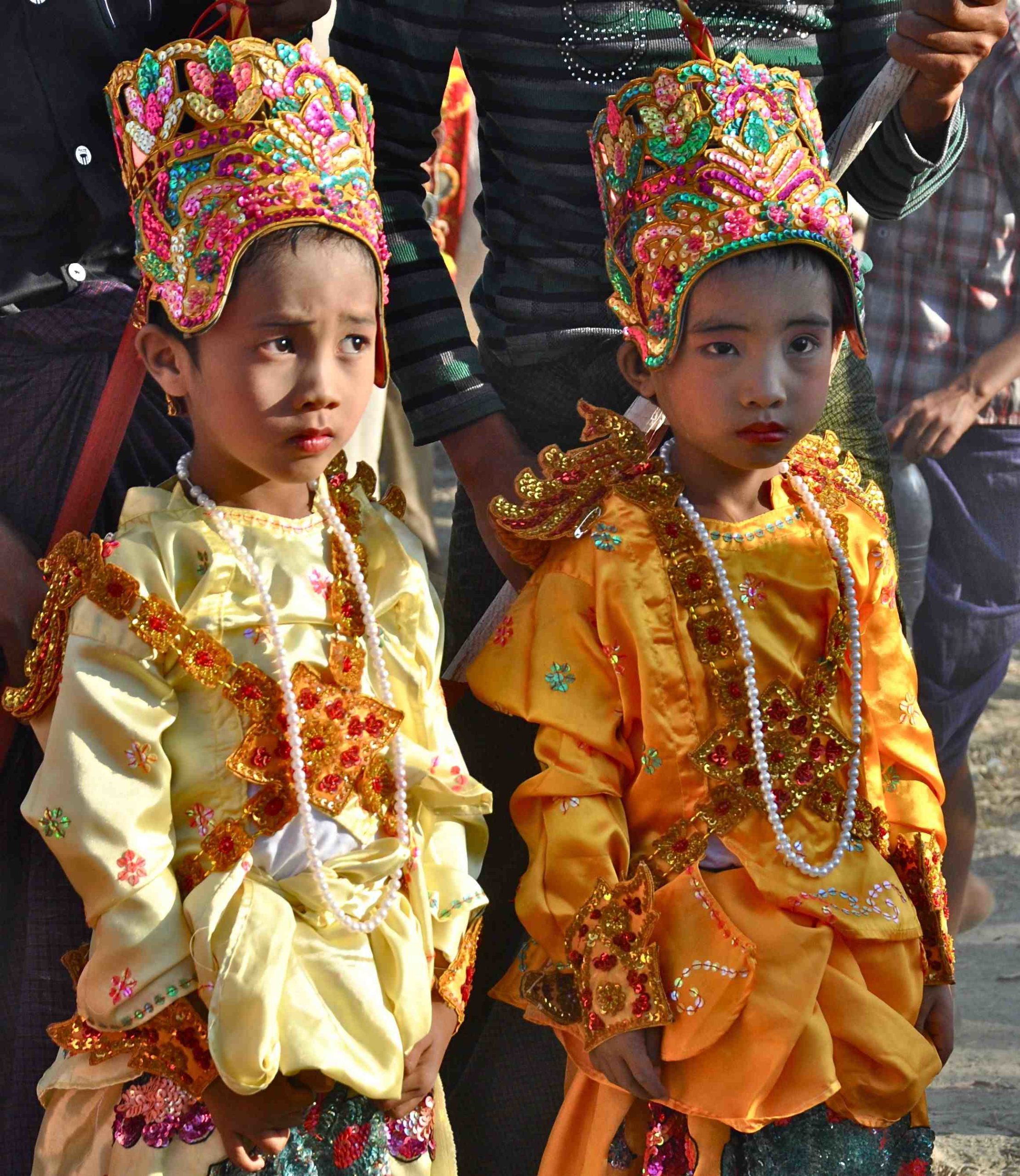
With few exceptions, we were met by graceful, smiling, shy but proud Burmese. Those in the small villages had seen few if any Westerners.
One day we witnessed a Noviciation ceremony, in which Buddhist monks solemnly welcomed village boys into their order. Dressed in shiny, colorful robes, the boys paraded to the temple surrounded by family and friends, accompanied by loud music. The finishing touch: the monks shaved the boys heads, as proud family members looked on.
Burmese families flocked to their temples everywhere we went. The women wore brightly colored, floor-length skirts. Most of the men wore traditional “longyis,” also floor-length, a kind of wraparound skirt knotted at the top.
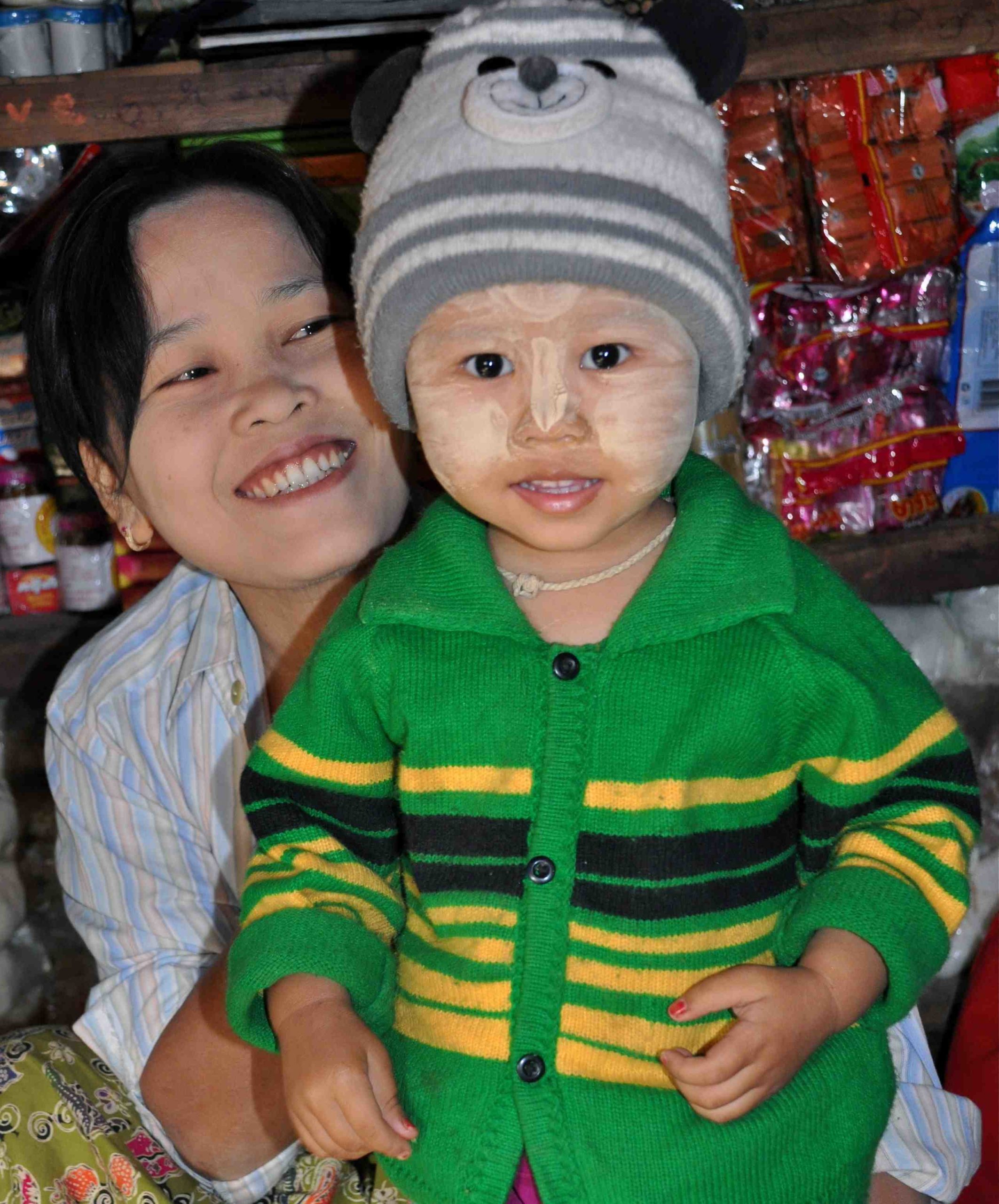
Burma is one of Asia’s poorest countries. But no one we encountered – and we saw oceans of people – looked underfed, without clothing or shelter.
Granted, we were tourists in country run by a military dictatorship and were unlikely to be led to scenes of squalor. Other parts of Myanmar are experiencing factional squabbling, even violence. And, according to the UN, life expectancy in Myanmar is 68 for women, 64 for men.
And true, their buses were stuffed with humanity. Their quarters were modest. Away from Yangon and Mandalay, one was as likely to find them driving ox- or pony carts as cars or motorbikes.
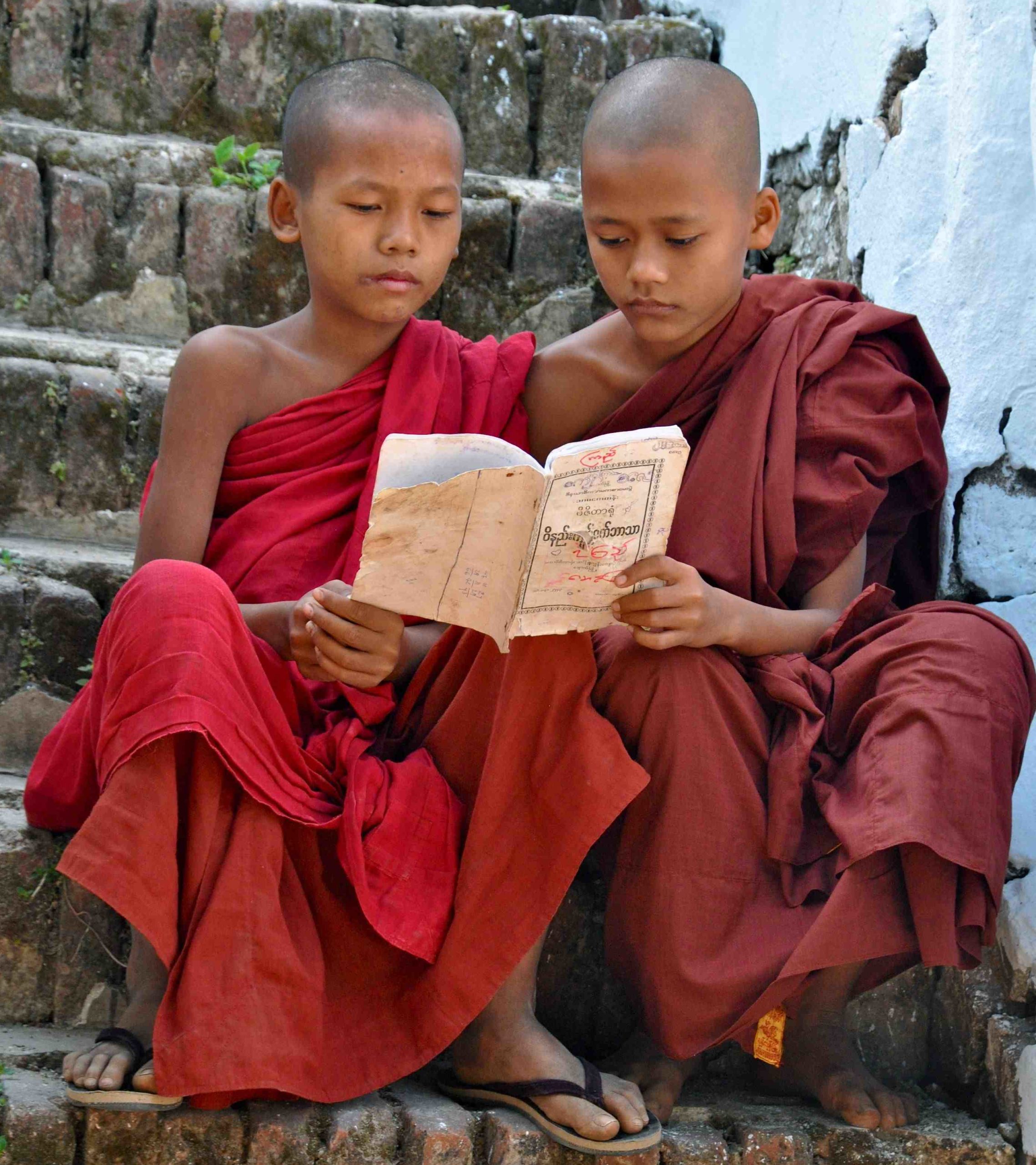
Yet their friendliness and spirituality were infectious. And – courtesy of the good ship Orcaella – we saw the Burmese up close: fishing from their slim boats, bathing in the river, praying at their temples, and, most of all, smiling at us, without a hint of ennui.
In the end, that’s what makes a visit to Myanmar unique. I’ve been in the travel business over 30 years, and never have I encountered such welcoming, warm people.
Of course this can’t last forever. But while it does, it’s a life-changing experience for those lucky enough to visit. And there’s no more luxurious way to do so than aboard the Orcaella.
(For details about life on the Orcaella, please click here.)


